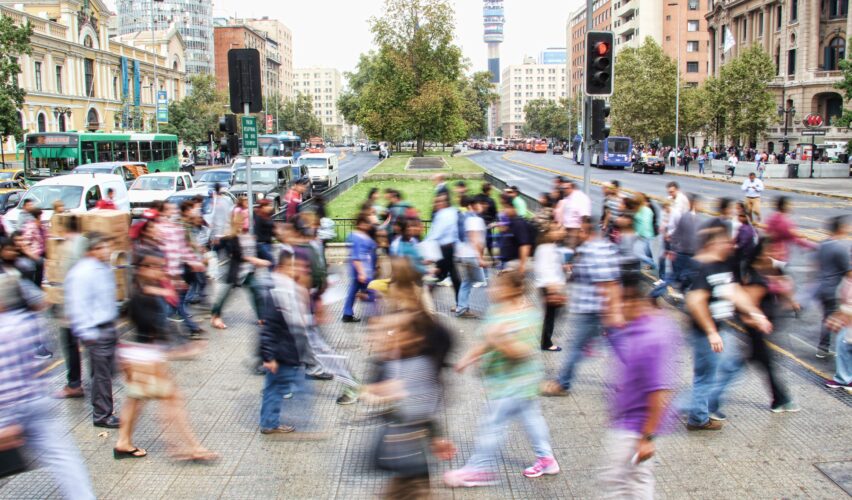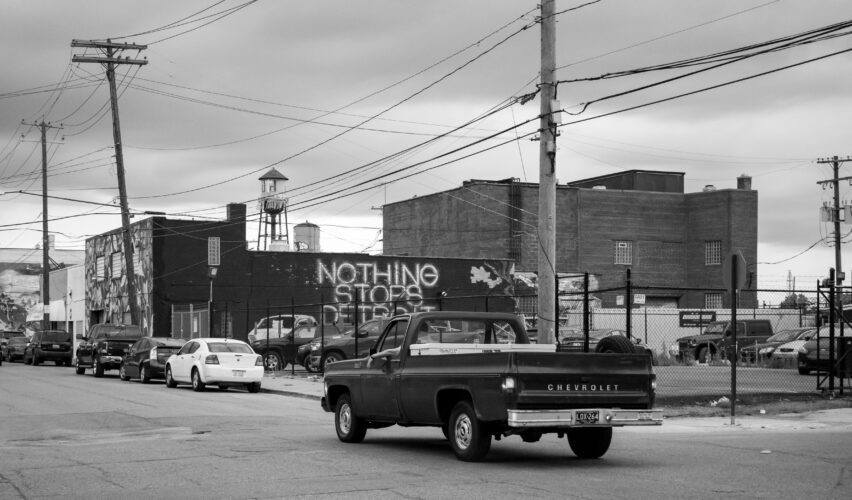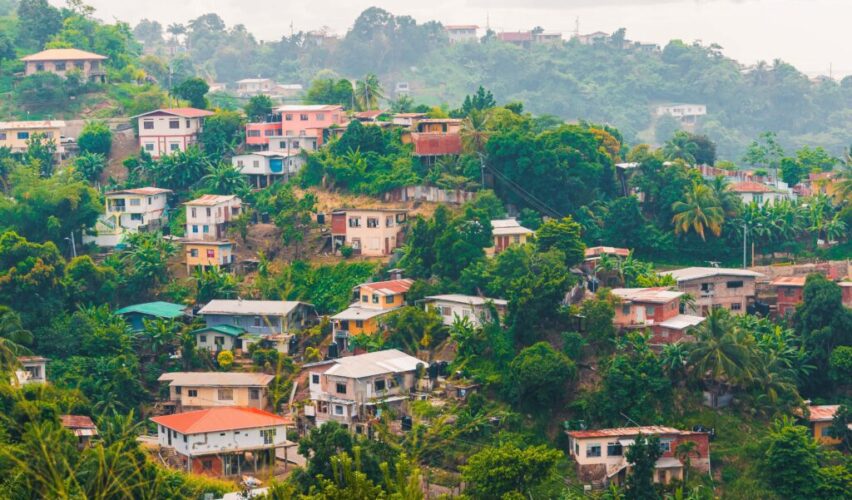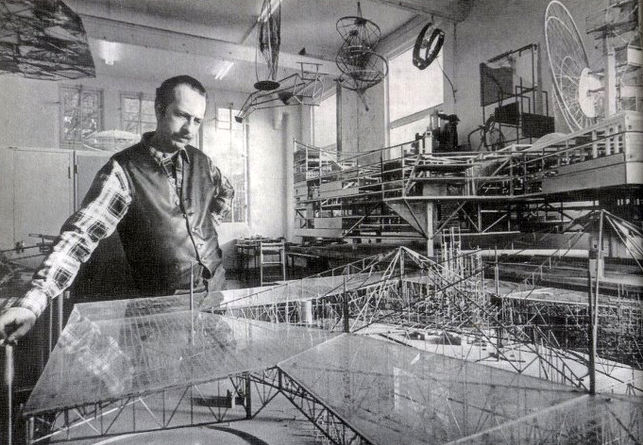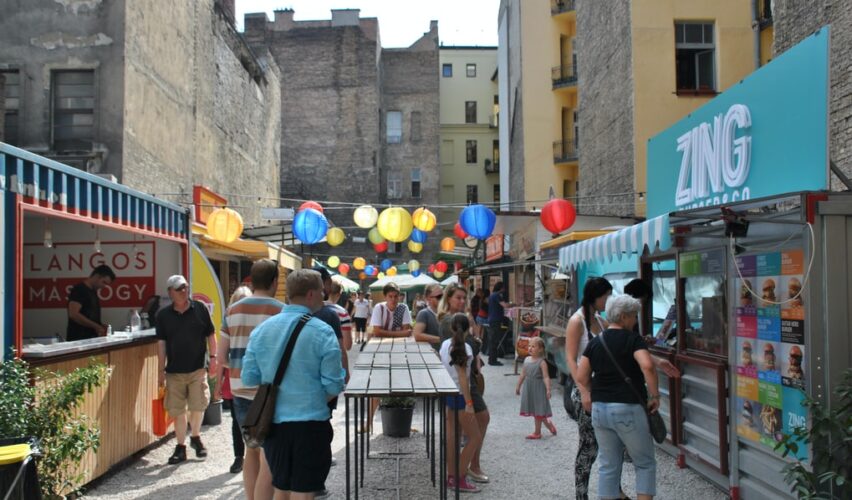Urban design and data: how energy micro-flows shape our cities
The continuous process of urban transformation, which has included multiple works and demolitions over the years, has been possible thanks to the energy flows that converge in the city. Now, we can guide urban decisions by “natural” criteria to make them more efficient. For this, it is key to observe and detect where there are flows rubbing against the territory with enough potential to create life around them. This is the true substratum of an organic urbanism.
Urbanism and energy
Urbanism can be understood as the set of processes that take advantage of the energy that reaches a city for its conversion into an urban structure. Thus, the configuration of the built space corresponds to possible states in which matter can be organized in a stable way (at least for a while).
Urbanism explained from entropy
How does a city acquire “order” (or, decrease its entropy) and increase its complexity? In the same way that a system of dunes, a plant, or any living being does, thanks to the contribution of energy and matter. From this perspective, the set of processes that deal with the use of that energy for the formation of a city structure is what we call urbanism.
Urbanism and thermodynamics. An Alternative Approach
If, the structure of natural ecosystems, organisms, and social organizations is formed and grows thanks to the energy flows that affect them, it does not seem unreasonable to think that in cities, social ecosystems formed by all kinds of organisms (including people), urbanism and thermodynamics are related through similar phenomena.
Situationists For Open City Makers
Amongst the “avant garde” revolutionary intellectuals, the situationists were one of a kind. Though they were few, they often were waging battles under the leadership of a young Guy Débord to surpass other contemporary movements such as letterism and surrealism. Their views on urbanism or automation were anticipatory.
Sentimental Urban Planning
I watched “Interstellar” a while back, a movie in which the human race escapes from climate disaster using an artefact of theoretical physics known as a “Wormhole”. I once wrote that que the most sensible way of avoiding an environmental “Armageddon” would be to put intelligent urban planning into practice as soon as...
Agile urbanism, slow technology and participation
Uncertainty, globalization, technification, liquidity, acceleration…, opportunities, goods, information and capital moving at the speed of light worldwide and around the clock. And a degree of urbanization as never known before, as if the answers to the remarkable challenges posed by all those elements together were circled around a single word: cities.

